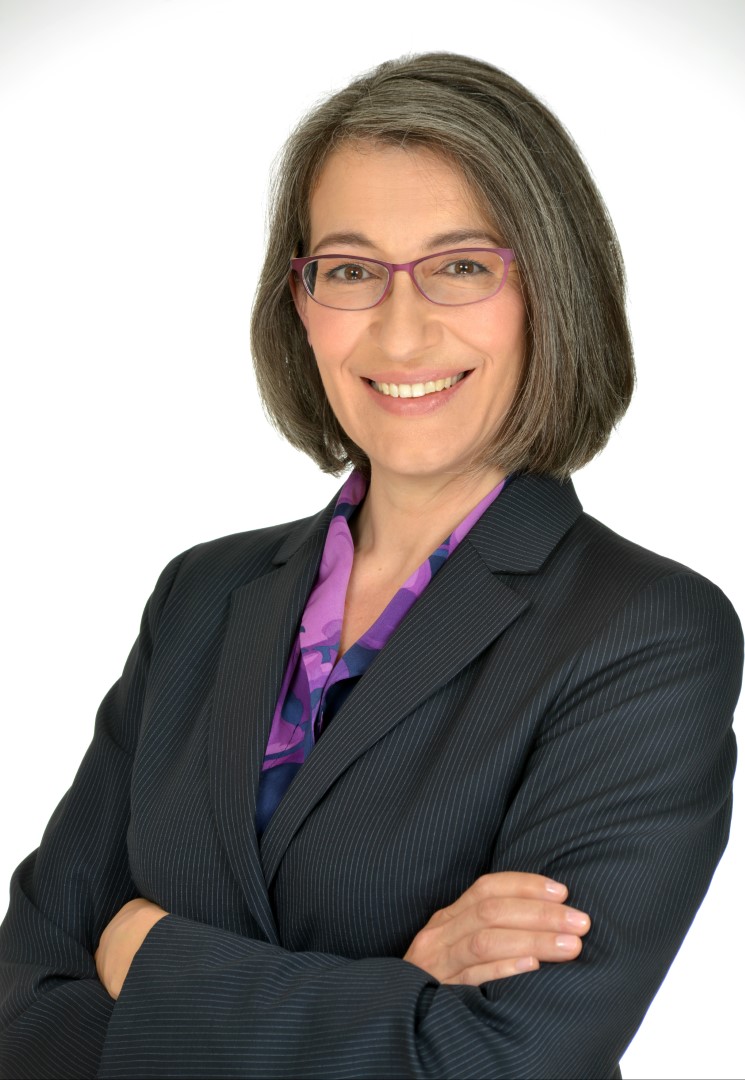
Douglas College professor provides free menstrual products
By Ana Brito, Contributor
In February of this year, New Westminster became the first district in BC to provide free menstrual products in schools. Selina Tribe, Douglas College Professor and parent boosted the decision that requires schools to offer free hygienic products for young women and girls in restrooms.
As a mother of a 13-year old girl who was soon to have her first period, Tribe felt that there was an inequity to solve, so she did something about it.
Tribe explained that she realized boys have everything they need in the washrooms, but there’s a discrepancy with girls. Many have their first period at school, and don’t have what they need to manage it. Because of this, they are left with no other option but to ask around for menstrual products, which can be embarrassing.
Tribe explains that girls might feel ashamed asking their instructors for pads when in need. So, she came up with a simple solution: installing coin-free dispensers in the bathrooms to facilitate the burden of awkwardly looking for a sanitary pad.
Some product dispensers require coins to operate, so girls need to go to school with money. Some dispensers charge between 25 to 50 cents per product. A girl might have to change her pad or tampon three or four times per day—that’s a lot of money!
Another critical point for Tribe is to normalize the period situation. “Since I’ve openly started talking about it, I realized that everyone has a story about menstruation to share,” Tribe said.
For young girls, menstruation is a taboo subject. Some find it hard to blatantly ask for a pad or tampon—or even feel a sense of shame when asking for one. But the reality is that menstruation is a healthy and fundamental process. “There should be a favorable outlook on the issue, and no one should feel ashamed of menstruating,” Tribe adds.
Schools usually talk about menstruation as a biological process, traditionally linked to hormones, babies, pregnancy, or being a mother. But women spend more time menstruating than being pregnant—if they become pregnant at all.
Tribe explains that many girls are still being taught to “hide” their periods. There’s still stigma and myths around monthly bleeding. She insists that schools should be teaching girls how to manage their periods, and that leaks, cramps, and overflows are typical and can be successfully managed.
“Girls and women shouldn’t be running around to get a pad!” said Tribe.
The professor explains that regulations dictate what restrooms provide. There is paper, soap, and garbage bins because there’s a law that indicates it. Tribe knows that there’s work to do, and she’s determined to change the period taboo. As of September, there are coin-free menstrual product dispensers installed in every school in New Westminster.

